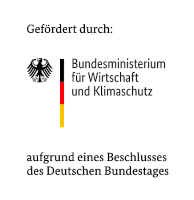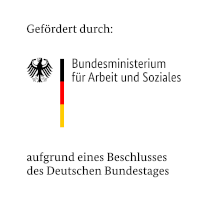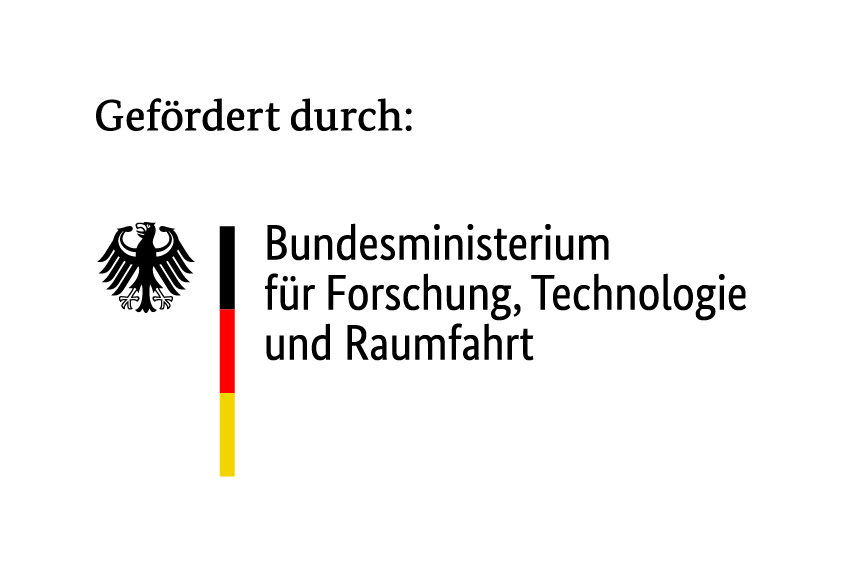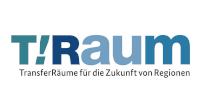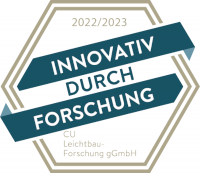The MAI CaRinA project was carried out as part of Campus Carbon 4.0 in collaboration with the Jülich Research Center. The joint project was funded by the Bavarian State Ministry of Economic Affairs, Regional Development and Energy with a total duration of three years and was successfully completed in October 2020. Partners of the project were: Fraunhofer IGCV (consortium leader), Institut für Textiltechnik Augsburg, Tenowo, SGL Technologies, EDAG, Faurecia, Brose, Airbus Helicopter, Röchling Automotive, Carbon TT, Huntsman, Trevira, Lamilux and ELG carbon fiber (now Gen2Carbon) from the UK.
Fraunhofer IGCV has now published the associated final report.
MAI CaRinA investigated the use of carbon fiber recycled materials for industrial applications, thus further advancing the topic of sustainability.
Background
With the increasing use of CFRP in series applications, the recycling of resulting waste is becoming increasingly important. Not only the sharply increasing amount of waste generated in the future by components at the end of their useful life, but also the quantities generated today as production offcuts are of importance.
Plastic waste must be recycled in the EU and may not be landfilled. Energy recovery by incineration is uneconomical due to the high non-combustible fiber content of CFRP and, moreover, for the most part technically impossible in existing incineration plants. Higher-value recycling of CFRP waste and offcuts is imperative and called for due to the potential of carbon fiber and the high energy input required to produce the fibers.
Aim and result
Against this background, the aim of the CaRinA project was to meet the industry’s strong demand for a clear and easily accessible performance spectrum for rCF nonwovens. Taking into account all industry-relevant parameters, the aim was to assign a comprehensive property profile to the nonwovens for unambiguous traceability. This created the required comparability both among each other and in competition with other material classes, and for the first time a data model covering the entire process chain of manufacturing rCF products was created.
In the project, more than 100 nonwovens were produced and characterized. The interrelationships of the carding process on the quality, productivity and properties of the nonwoven products were systematically investigated. In addition to 100% rCF nonwovens, thermoplastic blended nonwovens were produced and alternative impregnation processes were also tested. All mechanical tests were used to validate material cards to make the material usable for typical CAx tool. This allowed the manufactured components to be simulated and the simulation validated. The potentials regarding acoustic shielding of rCF nonwovens and local reinforcement by virgin fiber tapes were also addressed and first positive findings were obtained.
The complete final report on MAI CaRinA can be found here: Final report






